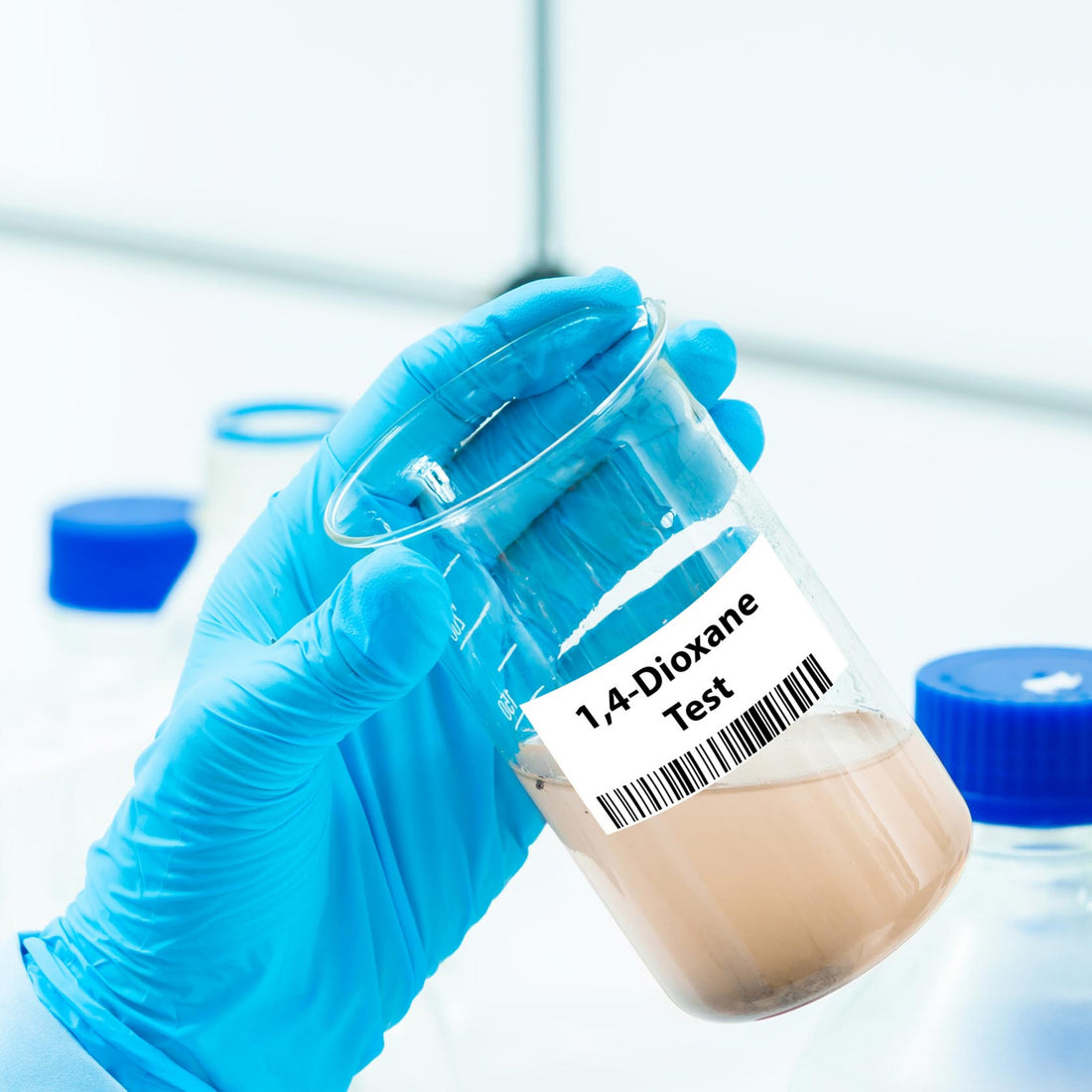
The Benefits of Sulfate-Free Cleaning: A Safer, Greener Choice for Your Home
Sulfates, including Sodium Lauryl Sulfate (SLS) and Sodium Laureth Sulfate (SLES), are common surfactants in cleaning products, prized for their foaming power and ability to lift dirt and grease. However, as consumers become more mindful of the impact household products have on health and the environment, sulfate-free cleaning solutions are gaining traction. Here, we explore the benefits of going sulfate-free and the hidden risks of conventional sulfate-based cleaners.
Why Choose Sulfate-Free Cleaning Products?
-
Gentler on Skin and Health
Sulfates can strip natural oils from the skin, causing dryness, irritation, or allergic reactions. This is especially concerning for individuals with sensitive skin or conditions like eczema. Sulfate-free products, by contrast, use plant-based alternatives that are more soothing and less likely to cause irritation. -
Safer for Indoor Air Quality
Sulfate-based products can release volatile organic compounds (VOCs), which degrade indoor air quality and may trigger respiratory issues. Sulfate-free cleaners, particularly those scented with essential oils, offer a healthier, more breathable alternative without compromising on performance. -
Eco-Conscious and Sustainable
When washed down the drain, sulfate-based cleaners can contribute to water pollution. These chemicals may harm aquatic ecosystems, affecting fish and other wildlife. Sulfate-free products, made from biodegradable plant-based ingredients, reduce this environmental footprint and support sustainable living. -
Better for Surfaces and Fabrics
Sulfates are powerful, but they can be harsh on delicate surfaces, stripping finishes or weakening fabric fibers. Sulfate-free formulations clean effectively without compromising the longevity of your home’s materials and textiles.
The Health and Environmental Drawbacks of Sulfates
-
Irritation and Allergic Reactions
Sulfates are known irritants, particularly in high concentrations. Frequent exposure can lead to contact dermatitis, causing redness and inflammation on the skin. -
Environmental Contamination
Sulfates are not easily biodegradable, and when they enter waterways, they can affect aquatic life. They increase the chemical load in ecosystems, which can be toxic to fish and other wildlife over time. -
Harmful Byproducts
SLES, a common sulfate in cleaning products, is often contaminated with 1,4-dioxane, a byproduct classified as a potential carcinogen. This contamination occurs during the manufacturing process, posing additional risks to both health and the environment.
The Future of Clean: Embrace the Power of Plants
Sulfate-free cleaning products, like those offered by Natural Flower Power, deliver effective results while aligning with eco-conscious values. They prioritize gentle, natural ingredients, ensuring that your home stays safe for family members, pets, and the planet.
By making small changes—like switching to sulfate-free all-purpose cleaners or dish soaps—you can enjoy a cleaner, fresher home without compromise. At Natural Flower Power, we believe that every thoughtful choice contributes to a greener, healthier world.
Ready to ditch sulfates for good? Explore our sulfate-free products and experience the power of plant-based cleaning today. Your home, your family, and the planet will thank you!

